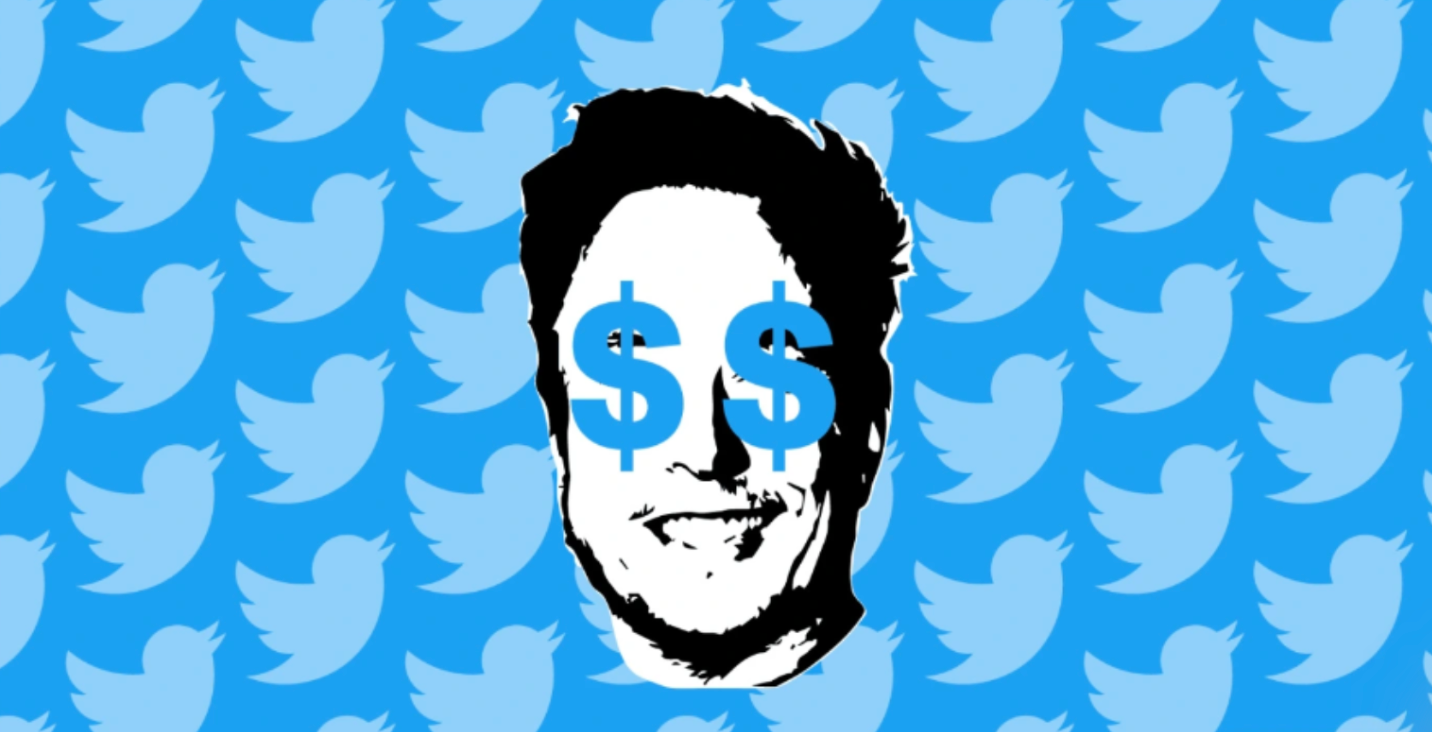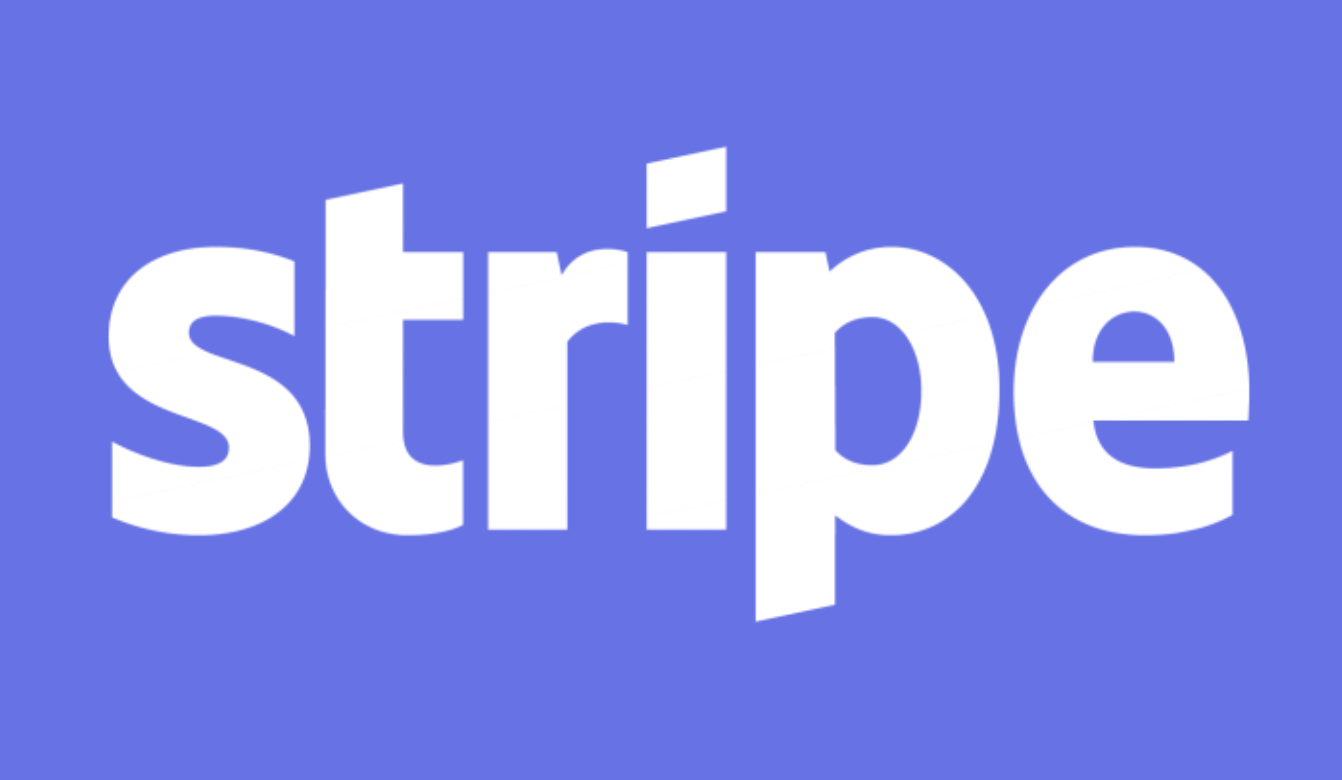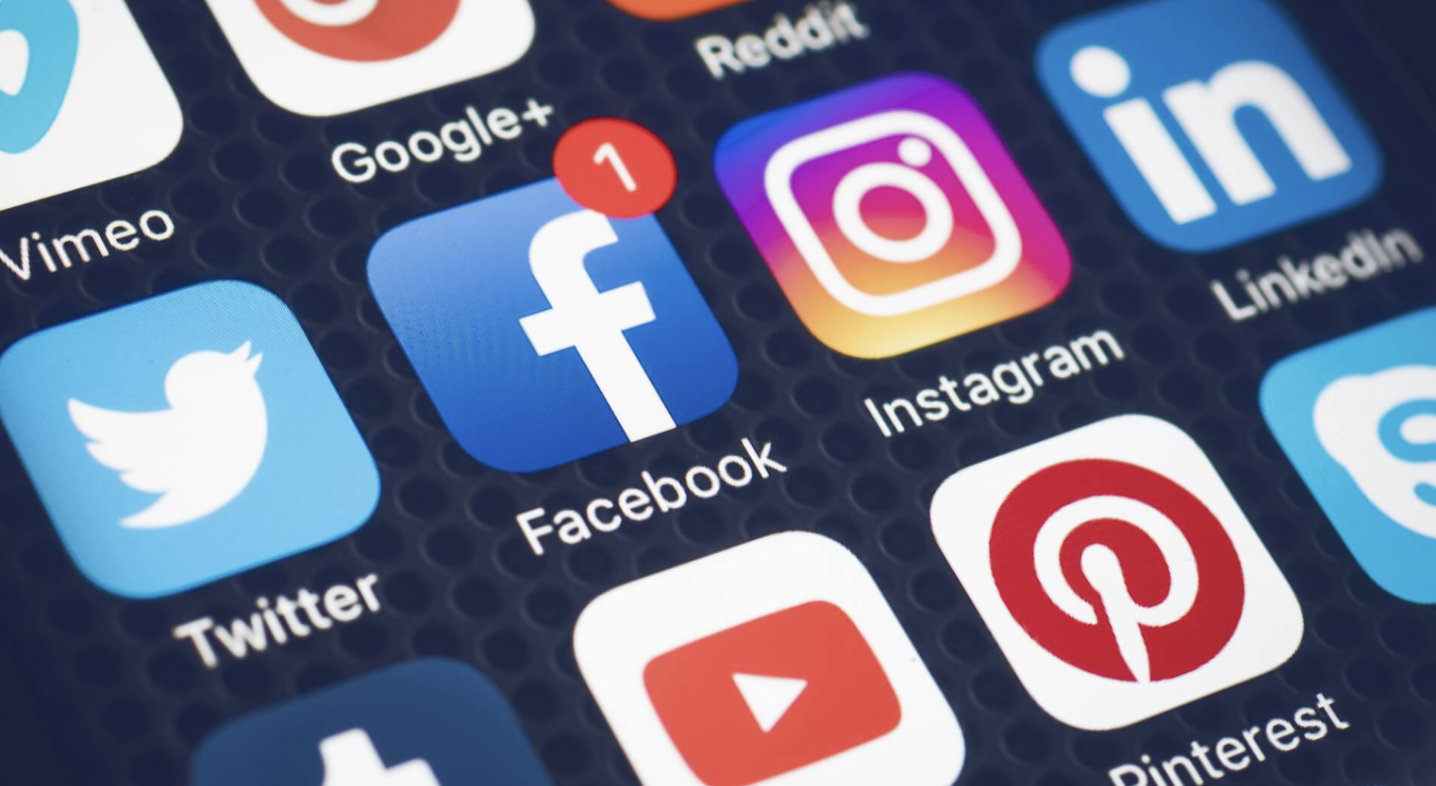
Dear Studio Fam,
There is lots of exciting news in this week's update, including updates on Twitter's plan to become the "everything" app, more price cuts in the EV industry, and insights into the long and complicated process that unicorns take to their final exit. We also look at some recent funding announcements and review the state of a major lawsuit pending against the social media industry.
Twitter Getting Ready For Payments

Lots of people like to speculate what Elon Musk wants to do with Twitter even though he’s been extremely specific: “Buying Twitter is an accelerant to creating X, the everything app.” Musk’s vision for Twitter is similar to that of WeChat in China, a comprehensive and integrated set of communication and finance tools that can serve as a single portal for buying, selling, paying, saving, and investing. The name for X is undoubtedly a reference to Musk’s second startup, X.com, which eventually became what we know today as PayPal.
Those plans are now underway with FT reporting that Twitter Director of Product Management Esther Crawford is running the team dedicated to integrating payments throughout the Twitter app. In addition to Federally registering as a payment processor, Twitter is pursuing state registrations as a money transmitter. Together, these registrations would let businesses transact directly with Twitter users and enable P2P payments between Twitter users.
But Musk’s “X” plans are almost certainly destined to go farther than just payments. WeChat is used for booking travel, hailing taxis, as a customer service portal for brands, and video content like YouTube or TikTok. While WeChat integrates with third-party taxi apps like Didi, imagine what Twitter could do if directly connected to a fleet of cars that are already directly connected to the Internet. Maybe Elon knows somebody with one of those.
Studio Byte Of The Week
In the wake of the massive Tesla price cuts we reported last week, Ford has announced price cuts for its electric Mustang Mach E. Unfortunately for Ford, the lowered prices are still higher than those of the equivalent Tesla Model Y which is quicker, faster, has more range, and has more places to charge.
Stripe Gets Closer To Exit

Stripe, the payment processing company, has become one of the fastest growing financial technology companies in recent years, facilitating billions of dollars in online transactions for businesses of all sizes. TechCrunch reports that the company is exploring a potential exit in the form of a public listing via SPAC after The Information reported Stripe had set an internal deadline to go public within a year.
The road to Stripe’s exit is unique because of the valuation history of the company. Despite reports of profitability, Stripe chose to take larger and larger private investments only to cut its valuation by a third last year to fund employee stock purchases, according to the WSJ. Even with its lowered valuation, Stripe is still among the top five most valuable “unicorns”, defined as venture backed companies with valuations over $1 billion. Twenty years ago, PayPal went public with a market capitalization of less than $2 billion in 2023 dollars, albeit with significantly lower revenues. So why has Stripe waited so long to tap public markets?
Short Bytes: Notable Fundraises
Here is a quick rundown of notable fundraising news:
- Guardz emerges from stealth with $10M for SMB security and cyber insurance to protect against attack-as-a-service breaches
- Passthrough raises $10M to simplify the process of investor onboarding
- Portside lands $50M to help manage business aviation
- Teal unwraps $8.8M to build out a telehealth platform for women
Social Media Product Liability Lawsuit

Social media companies have long enjoyed the protection of Section 230 of the Communications Decency Act, a series of major reforms to telecommunication law passed in the 1990s. Section 230 was designed to protect Internet companies from liability for their users’ content so long as the companies followed certain rules about content moderation. Section 230 has been used successfully by companies like Meta and Twitter when a user claimed harm from something they saw online.
But a new series of lawsuits is making progress centered around a different type of law: product liability protection, the types of regulations that protect consumers from companies that knowingly sell dangerous or defective products. McDonalds, for instance, was famously found liable for burning a woman with coffee after it was uncovered the company’s leaders had purposefully ignored their own internal safety analysis showing customers regularly burned by their coffee.
The heart of the new lawsuit is the contention that the algorithms driving social media are inherently dangerous, especially to young women, after multiple studies have demonstrated strong causal links between suicide, self harm, and other mental disorders and use of social media. The litigants against the social media companies liken themselves to tobacco company whistleblowers who exposed decades of lies about the addictive and harmful effects of cigarettes.

